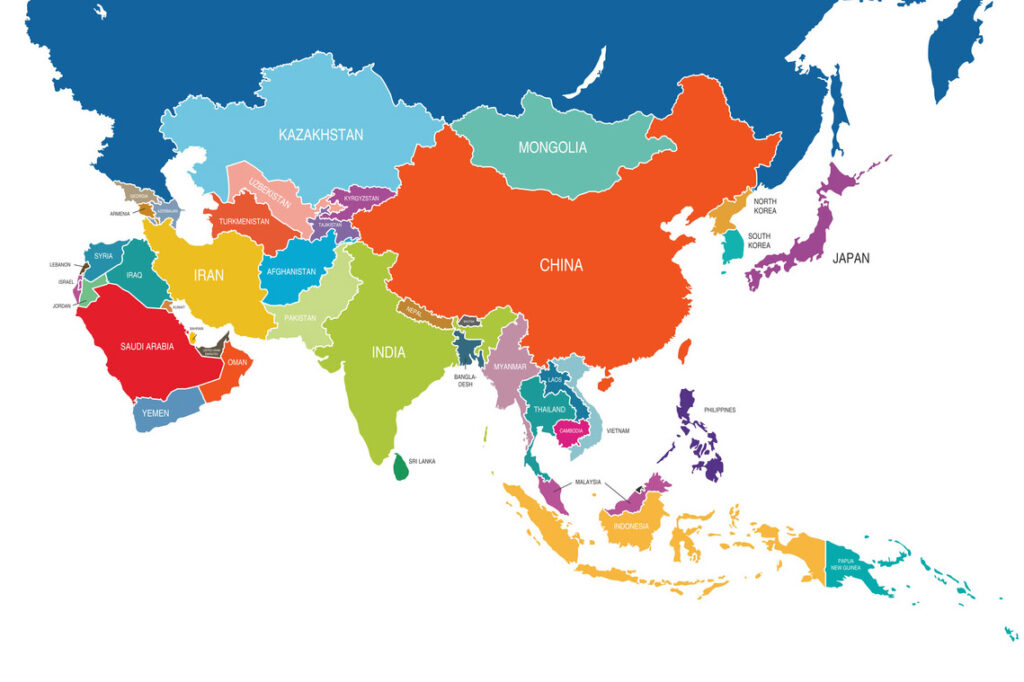It looks like Thailand will be introducing an Ecommerce Tax on online retailers to protect local businesses from competition coming from overseas in the not too distance future.
The rationale behind the move is to prevent against trends seen in the United States and China, with the Thailand Revenue Department preparing to amend a tax law to include ecommerce so that Thai ecommerce operators and small business owners are able to compete on a level playing field against foreign cross-border online enterprises.
Obviously they are concerned about price and scale which can sometimes mean importers can offer more attractive deals than local traders.
Pawoot Pongvitayapanu is the President of the Thailand Ecommerce Association. They have been lobbying the Thai government. His particular concern is that Chinese and American businesses will come to dominate the Thai online business scene like in the USA and Europe. He acknowledges that there are short term benefits from welcoming outside players but also sounds a note of caution when looking further ahead.
He says: “In the long run, it will create dominant players, similar to the US retail market dominated by Amazon.com. Chinese players will dominate in every aspect of logistics, payment, and retail.”
This looks like a new sort of protectionism and is reflective of what has recently been seen in Australia. An ecommerce tax has been mooted there, and even suggested in Parliament, with the advent of Amazon’s recent launch down under.
Everyone wants to see vibrant local economies, choice, pleasurable buying experiences and diversity wherever they are, all over the world. But is an ecommerce tax the way to go?









